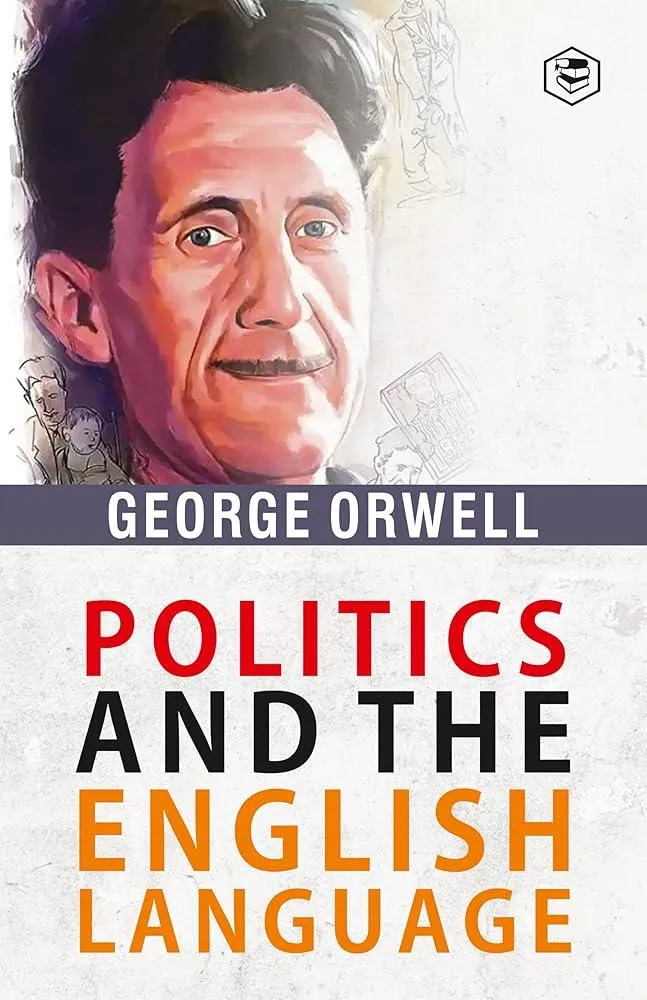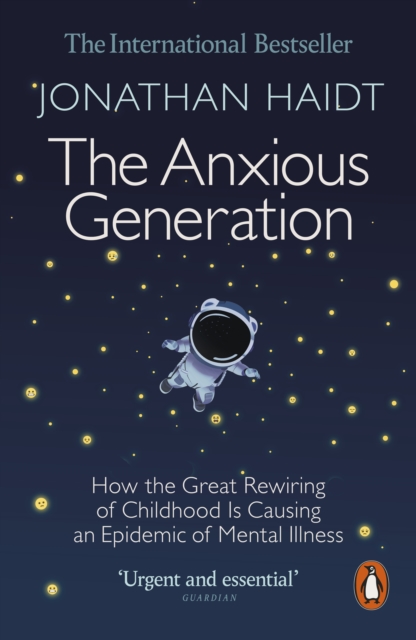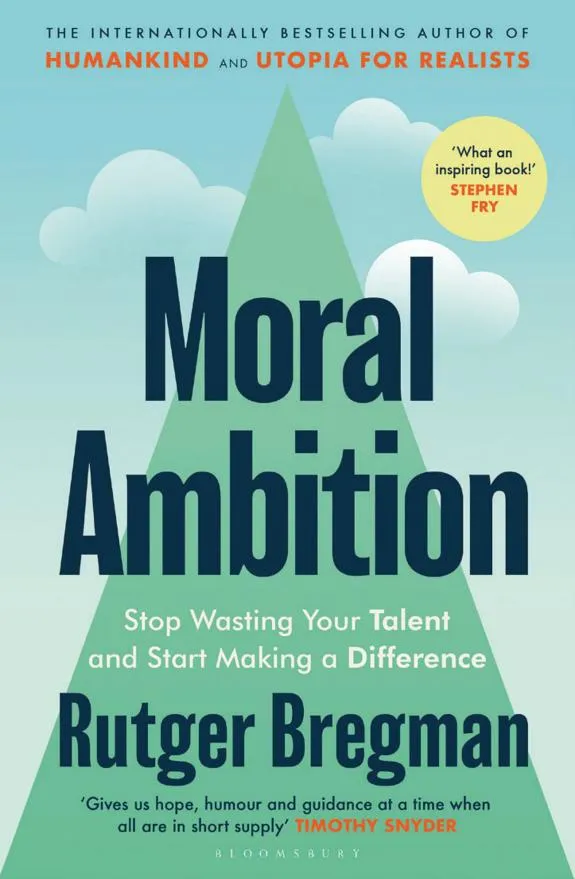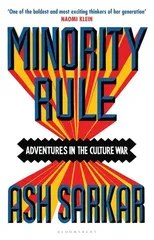George Orwell set out ‘to make political writing into an art’, and to a wide extent this aim shaped the future of English literature – his descriptions of authoritarian regimes helped to form a new vocabulary that is fundamental to understanding totalitarianism. While 1984 and Animal Farm are amongst the most popular classic novels in the English language, this new series of Orwell’s essays seeks to bring a wider selection of his writing on politics and literature to a new readership. In Politics and the English Language, the second in the Orwell’s Essays series, Orwell takes aim at the language used in politics, which, he says, ‘is designed to make lies sound truthful and murder respectable, and to give an appearance of solidity to pure wind’. In an age where the language used in politics is constantly under the microscope, Orwell’s Politics and the English Language is just as relevant today, and gives the reader a vital understanding of the tactics at play. 'A writer who can – and must – be rediscovered with every age.' — Irish Times
George Orwell
George Orwell, born Eric Arthur Blair in 1903, was an English novelist, essayist, journalist, and critic. He is best known for his works "Animal Farm" and "Nineteen Eighty-Four," which are both powerful critiques of totalitarianism and authoritarianism. Orwell's writing style is characterized by clarity, precision, and a sharp wit, making his works accessible and thought-provoking for readers.
Orwell's contributions to literature include his exploration of political and social issues, as well as his commitment to truth and honesty in writing. His works have had a lasting impact on the dystopian and political fiction genres, influencing countless authors and thinkers. "Nineteen Eighty-Four" in particular has become a classic of modern literature, with its portrayal of a bleak and oppressive future society resonating with readers around the world. Orwell's legacy as a writer and social critic continues to be celebrated and studied today for its enduring relevance and insight.





